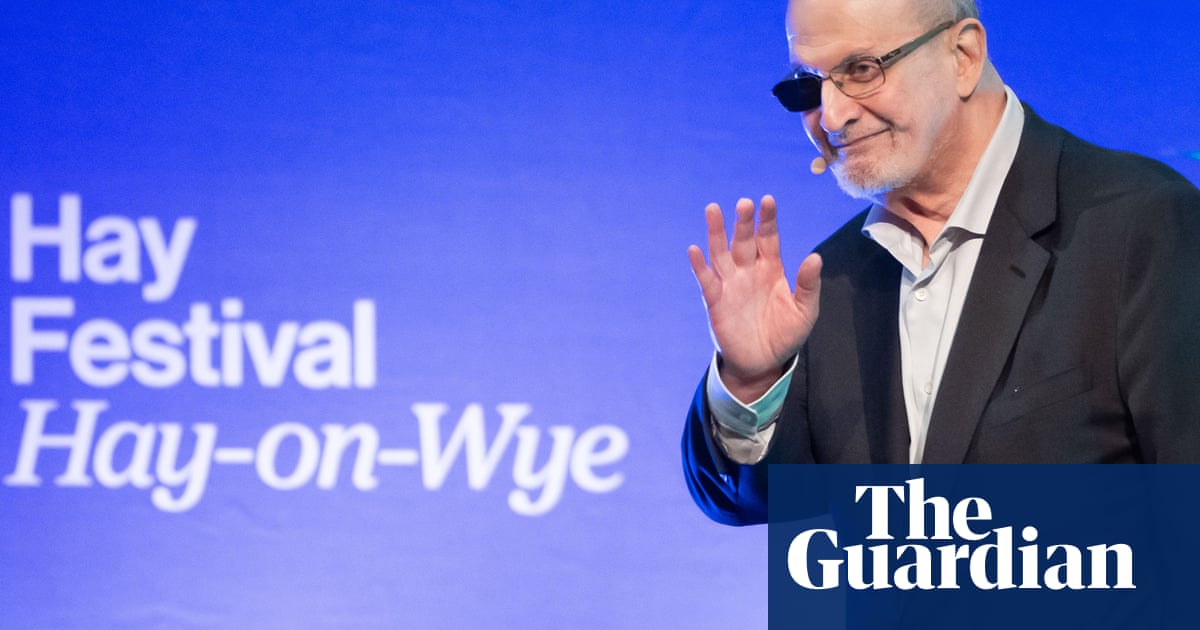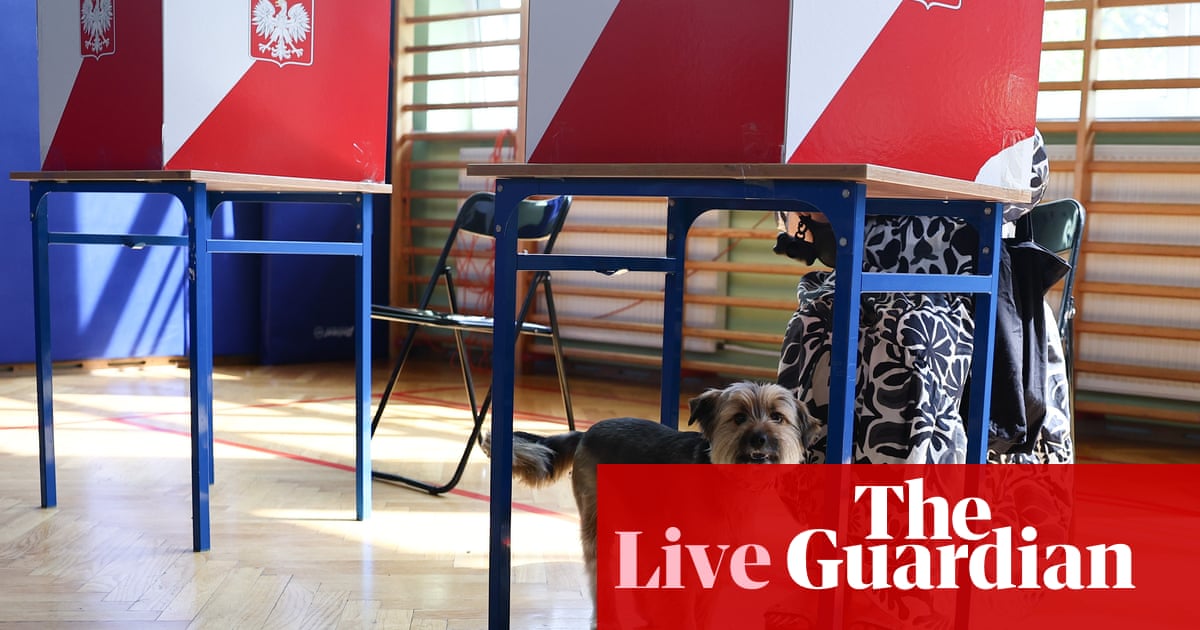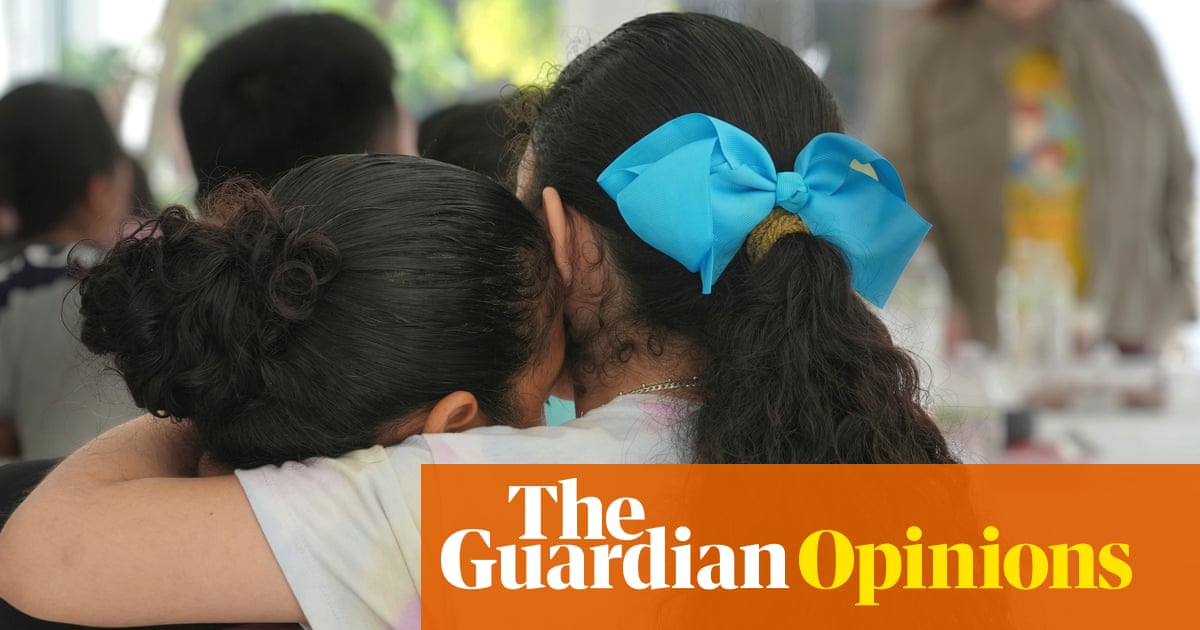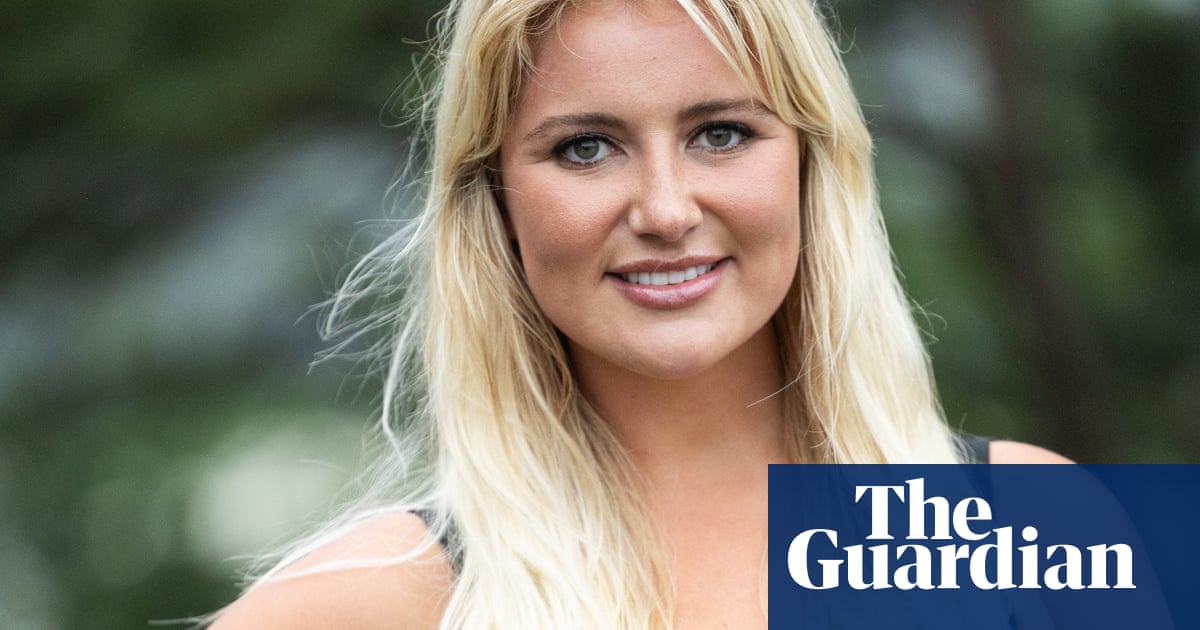Hospitality venues in France such as hotels, restaurants and campsites that do not admit children could face prosecution under proposals for a crackdown that emerged this week.
Laurence Rossignol, a socialist senator, plans to introduce a private member’s bill to make it illegal to ban children from such establishments, the Times reported, while the French high commissioner for childhood, Sarah El Haïry, said government lawyers were looking into whether it would be possible to take legal action against places that exclude families.
She told the French international radio station RFI that the move would address the “no kids trend”, which amounted to “violence against children”, adding: “A child shouts, laughs and moves … we are institutionalising the idea that silence is a luxury and the absence of children is a luxury.”
Here, four people from across Europe share their thoughts on the idea.
‘Adults can’t build a parallel society that is free of children’

Emilie, who is a stay-at-home mother, thinks it’s “healthy” that French politicians want to stop the trend that “turns children into pariahs” but does not think a ban would deal with the root cause.
“I think it’s more about the French relationship with children,” says the 39-year-old, who is French but lives in Southend-on-Sea, Essex. “There is a popular saying in France about children: Les enfants doivent être vus, et non entendus, which means children should be seen, not heard.”
From her experience, family life is important in France and children are taught manners when they are young and become used to eating in restaurants from an early age. There is, therefore, an expectation that children are well-behaved in public.
Emilie is in two minds about a ban. One one hand she feels that people who do not want to be around children “are not suddenly going to show patience because they are forced to cohabit with them”. However, she also believes children are part of everyday life and that “adults can’t build a parallel society that is free of children”.
“It’s difficult but it’s one of the reasons I want to stay in the UK. I think my son would be much happier growing up here than in France.”
‘We didn’t want to constantly be faced with children and the reminder of what we wanted but couldn’t achieve’
After each one of Jo’s six IVF attempts were unsuccessful, she and her husband took a break to an adult-only hotel for a few days. “We didn’t want to constantly be faced with children and the reminder of what we wanted but couldn’t achieve,” says the 40-year-old project manager from Lancashire.
For Jo, the French proposals do not consider those who are childless not by choice. “It’s been five years since our final attempt at IVF, but my husband and I still get a bit upset sometimes thinking about how we couldn’t have the children we thought we would have.
“It’s not that we don’t like them – we have five nephews – but when we’re on holiday it’s nice to know that we’ve got a somewhat safe space. It’s about protecting yourself a bit.”
Since being diagnosed with ME, also known as chronic fatigue syndrome, Jo is also more sensitive to noise than she used to be. “Being out somewhere with loud children is not enjoyable for me at all – something I know other people with health issues or neurodivergence also struggle with.”
‘Some businesses will adapt but others will close rather than make changes’

Franz Peter Weeren, a retired hotelier and chef, thinks a ban would be “absolutely ludicrous”. As someone who has worked in the hospitality industry since the 1980s, he says most of the problems he has faced with children were caused by parents who were unwilling or, more frequently, incapable of controlling their offspring when they misbehaved.
“One time a 12-year-old tripped over a waitress who was serving a tray full of cocktails and the parents just said: ‘Oh well, they’re children.’ They kicked up a fuss when I upped their bill for damages,” recalls the 68-year-old from Paderborn, Germany.
At the time, when Weeren was running an inn in Austria, he considered not allowing children under-14 in but realised he couldn’t if his business was to be successful.
Attracting more than 100 million visitors in 2024, France is the world’s top tourist destination. However, Weeren thinks a proposed ban on adult-focused venues might cause a dip in its popularity. “Some businesses will adapt but others will close rather than make any changes, and others just won’t go to France because they want to enjoy a child-free environment.”
‘Better to have specific child-tolerated places than adult-only ones’
Sara Lewis thinks a ban would be a “totally unreasonable deprivation of people’s liberty” and that the plan is too extreme.
“It amounts to forcing people to accept others’ kids, of which there’s more than enough of already,” says the retired copyeditor from Brussels. She believes it’s time to end the stigmatisation of people who prefer to avoid children, and instead of adult-only venues she thinks “specific child-tolerated places” might be better.
For Lewis, the problem is not from children themselves but parents letting them do what they like and expecting others to put up with their behaviour. She feels parents should “teach their children to be unobtrusive in public”.
“If I go to a restaurant, cafe or hotel I would expect other people, adults or children, to respect me as I would respect them,” Lewis says.
“Children by nature want to be lively and run around but that’s not always appropriate, depending on the environment. In the same way that I wouldn’t play opera music very loudly in public, as much as I like it.”

 1 day ago
8
1 day ago
8

















































